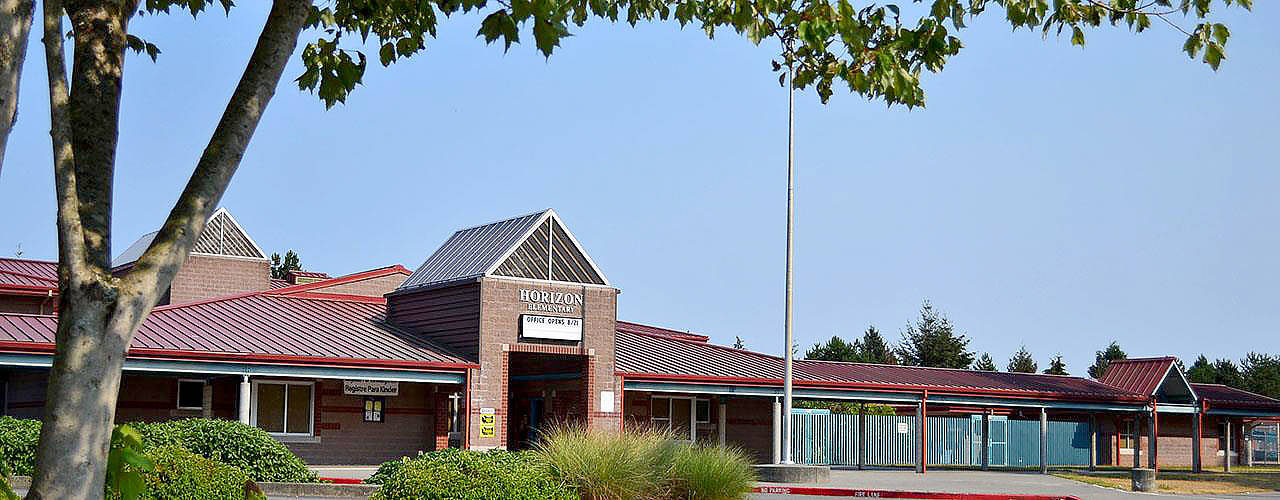MUKILTEO — Two weeks after a statewide special election, the Mukilteo School District finds itself in select company.
It was one of the few districts across Washington to pass a school construction bond measure on the Feb. 11 ballot.
Twenty-one districts tried; just eight succeeded. Arlington, Edmonds and Snohomish watched their bond proposals fail.
Unlike operations levies that require a simple majority, bond measures require 60% to pass. Mukilteo’s $240 million package finished at 60.34% when final ballots were counted Friday. It squeezed through by about 50 votes. There were 14,931 ballots cast.
“We are so relieved and grateful to our voters,” said Judy Schwab, a Mukilteo School Board member for more than 20 years who has served on bond and levy committees for even longer. “A razor thin margin … We have failed bonds in the past by less than 100 votes.”
All sorts of factors figure into the success or failure of a bond measure: the breadth and price tag of proposed projects, the public perception of the need, the proposed tax rate, assessed property values and the overall tax base, to name a few.
Moreover, Schwab has found over the years, most voters don’t realize that school construction projects are not funded by basic education dollars. While the Legislature has mandated reduced classroom enrollment from kindergarten through third grade, it didn’t provide money to build the extra classrooms.
In Mukilteo, enrollment is rising and the district doesn’t have land for new schools. Several campuses have no more space for portables.
It boils down to an ability to convey the needs and gauge how much taxpayers are willing to pay, Schwab said.
“We needed a well thought out and measured proposal that would address growth, aging facilities, security and technology infrastructure,” Schwab said. “I believe our taxpayers are quite conservative, and believe the 60% is a legitimate threshold. But for those of us in the district who are aware of the aging infrastructures of our buildings and overcrowded classrooms, libraries, common areas and gyms, it sometimes seems an impossible challenge to address the needs we have, and, in the end, provide the best possible spaces for kids to learn.”
Bond campaign strategy has changed dramatically over the years.
There was a time years ago the Mukilteo bond committee would identify those voters likely to vote yes and encourage them by phone calls to go to the polls. In 1992, before the opening of Kamiak High School, voters passed a bond measure with a nearly 78% “yes” vote.
These days, poll voting is long gone. Everything is mail-in. Fewer people have land-lines and chances are those who do are screening their calls. The phone bank team no longer exists.
“We don’t even bother with that any more,” said Andy Muntz, a retired communications director for the school district who served on the bond committee in his off hours. “People don’t answer the phone.”
The committee numbered about a dozen members who would meet and plot strategy and roughly 40 others who promoted the bond measure on social media and by waving signs at well-traveled intersections on weekends and election day.
“It is really hard to say what works and what doesn’t,” Muntz said. “You do everything you can think of and hope some of them will be effective.”
The Mukilteo measure passed with just 28.3% of the electorate casting ballots.
“I don’t know what to make out of the turnout,” Schwab said. “We ran a pretty aggressive campaign and in the end it was close.”
The bond package will pay for projects through 2026 in a district that serves about 15,000 students. About 900 more students are expected in the next six years.
Most of the bond money — $160 million — is earmarked for additions or major modifications to Challenger, Horizon, Discovery, Mukilteo and Serene Lake elementaries as well as Explorer Middle School and Mariner High School.
For Muntz, February’s bond campaign will be his last. He’s thrilled it passed, even though his children graduated from the district’s schools long ago.
“I think it has had a lot to do with developing a climate of credibility over time,” he said. “You just can’t organize a committee and think that’s going to do it. It’s a long-term effort.”
Eric Stevick: 425-339-3446; stevick@heraldnet.com
Talk to us
> Give us your news tips.
> Send us a letter to the editor.
> More Herald contact information.

























